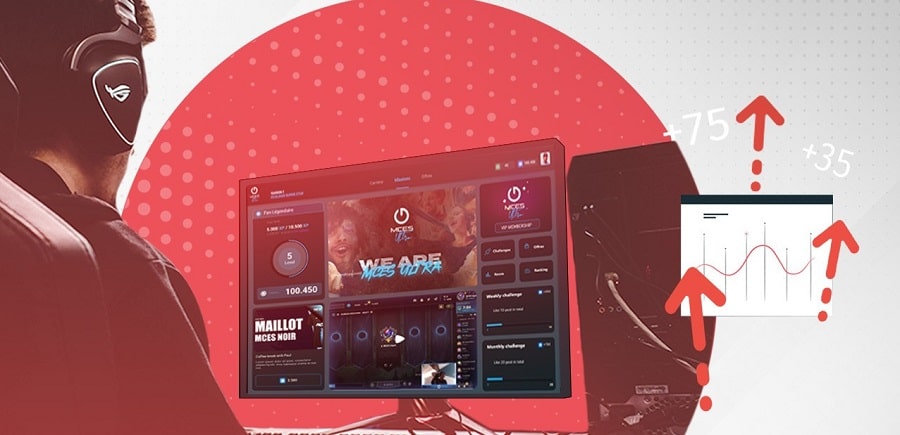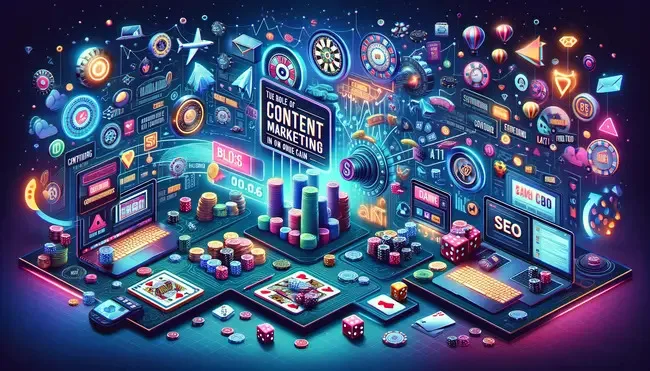
Esports Marketing: The Digital Arena’s Gateway to Millennial Engagement
The landscape of entertainment and sports consumption has shifted dramatically with the rise of esports, transforming what was once a niche hobby into a burgeoning industry that now stands shoulder to shoulder with traditional sports giants. Esports marketing has emerged as a vital key in unlocking the millennial demographic, a group notorious for its aversion to conventional advertising methods.
Development of Esports Marketing
Esports marketing is a phenomenon born out of the digital age. Initially, game developers and small communities organically promoted events. However, as these events grew in scale, attracting thousands to arenas and millions online, sophisticated marketing strategies became essential. Brands, recognizing the opportunity to engage with a younger audience, began investing heavily in esports marketing, crafting campaigns that resonate with a demographic characterized by its tech-savvy and interactive nature.
Advertising for Those Who Skip Advertising
Millennials, and the subsequent Gen Zers, are well-known for skipping traditional ads, preferring ad-free platforms, or using ad-blockers. Esports marketing circumvents these barriers with innovative approaches. In-game advertising, branded content, influencer partnerships, and native advertising have become prominent, seamlessly integrating marketing messages into the entertainment experience without disrupting the user’s consumption patterns.

Esports Marketing Formats
The formats for esports marketing are as varied as they are creative. Live stream sponsorships, where brands sponsor tournaments or individual streams, offer visibility among viewers. Content creation, such as producing documentaries featuring esports teams or behind-the-scenes footage, creates an emotional connection with fans. Additionally, in-game advertising can range from subtle product placements to fully-branded virtual arenas.
Fans are the way of team development
Esports fans are not just passive spectators, they are active participants in the digital ecosystem. Successful esports teams leverage this by building their brand and nurturing their fan base. Engaging with fans through social media, creating team merchandise, and hosting meet-and-greet events are all part of the brand development process. Moreover, esports provides an opportunity for personal storytelling and player-branding, something that traditional sports have been capitalizing on for years.
Conclusion
Esports marketing is more than just promotion, it is an essential bridge between the digital and the physical, the brand and the consumer, the game and the audience. It represents a new era of engagement where interaction, authenticity, and digital savvy are the currencies of choice. As esports continues to ascend, the lines between gaming, sports, and lifestyle will blur, with esports marketing leading the charge into the future of entertainment consumption.
Popular
-
 Unlocking the Power of Viral Marketing: St...
Unlocking the Power of Viral Marketing: St...Viral marketing, a phenomenon of the digital age, leverages the power of …
-
 Exploring B2B Marketing
Exploring B2B MarketingAs the digital landscape continues to evolve, B2B marketing strategies have become …
-
 The Role of Content Marketing in the Onlin...
The Role of Content Marketing in the Onlin...In an era where digital presence is paramount, online casinos are increasingly …
-
 Audience Selection: Key to Successful Prom...
Audience Selection: Key to Successful Prom...Identifying and understanding your target audience is the cornerstone of any successful …
